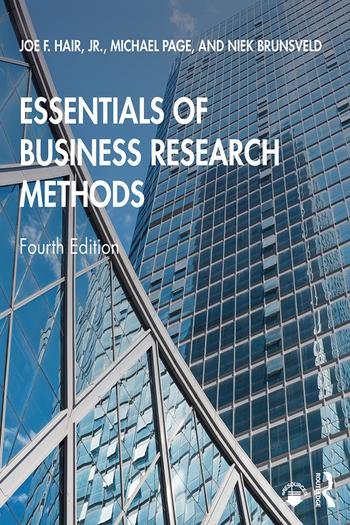Question
Q1: List 3 relevant policies/procedures and any other resources that relate to debriefing and crisis management Q2: List 3 important principles to consider when creating
Q1: List 3 relevant policies/procedures and any other resources that relate to debriefing and crisis management
Q2: List 3 important principles to consider when creating a Dispute Resolution policy.
Q3: Describe 3 actions that you can take to ensure that you are working effectively with colleagues from other cultures
Q4: Name 3 best practice principles when undertaking a de-briefing and crisis intervention
Q5: List the steps that you would take when conducting a structured de-briefing session.
Q6: List 5 examples of internal and/or external referral sources for staff to access post a critical incident.
Q7: Explain how you could gain insight into your own limitations in the role, responsibilities and abilities of a de-briefer
Q8: Describe the impact of each of the following on staff, as well as also including ways to respond to each.
excessive stress
burn out
grief and loss
violent or threatening behaviour
Q9: Describe your understanding of an Employee Assistance Program (EAP).
Q10: List 3 examples of how to maintain professional boundaries in the workplace.
Q11: Provide two reasons about why stress management is important in the workplace.
Q12: List examples of legal and ethical considerations as a de-briefer. (3)
Step by Step Solution
There are 3 Steps involved in it
Step: 1

Get Instant Access to Expert-Tailored Solutions
See step-by-step solutions with expert insights and AI powered tools for academic success
Step: 2

Step: 3

Ace Your Homework with AI
Get the answers you need in no time with our AI-driven, step-by-step assistance
Get Started


